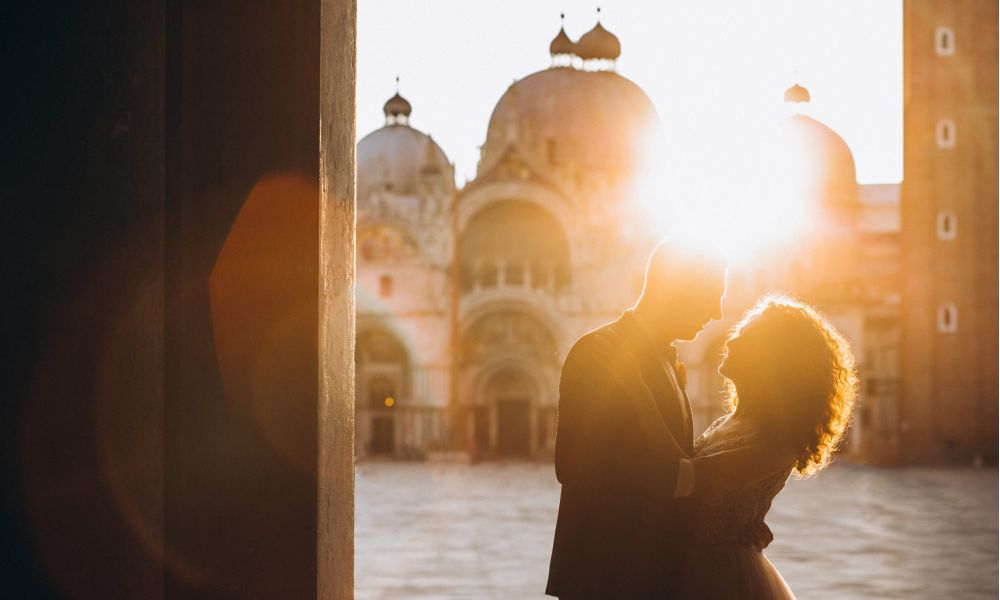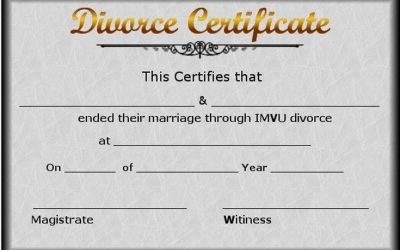
Interfaith Marriage in Dubai: Legal Pathways & Requirements 2025
Table of Contents ▼
Dubai stands as a melting pot of cultures, with people from more than 200 nationalities. To accommodate this diverse population, the city’s legal system has undergone significant changes.
In 2022, a major step forward was the introduction of civil marriage for non-Muslims through Federal Decree Law No. 41.
In this guide, we’ll discuss all the crucial aspects of civil and interfaith marriage in Dubai, including the legal framework.
Legal Framework for Civil Marriages in Dubai

Federal Decree Law No. 41 of 2022
In 2022, the UAE introduced Federal Decree Law No. 41, which allows non-Muslim expatriates and tourists to marry under civil law in Dubai.
This law creates a secular framework for marriage, conducted by Dubai Courts, and is open to both residents and visitors. Unlike Sharia law, which applies to Muslims, civil marriage offers a legal alternative for non-Muslim couples in Dubai.
Sharia Law vs. Civil Marriage
Dubai’s marriage laws are based on two systems: Sharia law for Muslims and civil law for non-Muslims.
Under Sharia law, Muslim men can marry Christian or Jewish women but are not permitted to marry atheists or polytheists unless they convert to Islam.
Muslim women cannot marry non-Muslim men unless the man converts to Islam. Civil marriage, however, allows non-Muslim couples to marry without these religious limitations.
Eligibility Criteria for Civil Marriage in Dubai

For a civil interfaith marriage in Dubai, both individuals must meet specific eligibility criteria. Both partners must be non-Muslim, as Sharia law applies to Muslims in matters of marriage.
At least one partner must be a UAE resident, and both individuals must be at least 21 years old. Additionally, the couple cannot be closely related or currently married to anyone else.
For residents, the required documents include valid passports, Emirates IDs, proof of marital status (single, divorced, or widowed), and a residential visa copy. Tourists will need their passport copies, an entry visa (if applicable), and a certificate of no impediment from their home country.
Step-by-Step Civil Marriage Process
- Submit Application: Couples can submit their application online, with an application fee generally around AED 2,500, which may vary depending on requested services.
- Attend Marriage Ceremony: The marriage ceremony is conducted by a notary public, so no religious officiant is necessary. Witnesses are optional; the notary public will serve as the official witness. The ceremony can be conducted in English or Arabic.
- Receive Marriage Certificate: Following the ceremony, the marriage certificate is provided immediately. If needed, it can be attested for international use.
Some couples choose a hybrid approach, where they legally marry in court and then hold a cultural or religious celebration.
Interfaith Marriage: Legal Considerations for Muslims and Non-Muslims

The civil marriage law in Dubai has expanded opportunities for non-Muslim couples but still imposes restrictions on Muslims. Muslim men may marry Christian or Jewish women under Sharia law, but they are prohibited from marrying atheists or polytheists unless the women convert to Islam. Muslim women cannot marry non-Muslim men unless the man converts to Islam.
Couples who marry abroad may wish to have their interfaith marriage recognized in the UAE, though this process can be complex and require legal assistance.
Recognition of Foreign Marriages
For couples who marry abroad, the UAE generally recognizes their marriage as long as it was legally performed in the country of origin. However, attestation from the UAE Embassy and the Ministry of Foreign Affairs (MOFA) is often necessary. Marriages that contravene UAE law, such as same-sex unions, are not accepted. Complete and properly attested documentation is vital for recognition.
Challenges Faced by Interfaith Couples
Interfaith marriage couples often face social and familial pressure, particularly in conservative communities. Legal complications may also arise in cases where one partner is Muslim, especially with regard to child custody and inheritance matters, which are governed by Sharia law.
Dubai’s legal system supports interfaith marriages and provides neutral legal solutions for resolving disputes in these unions.
Conclusion
While the marriage process is now more accessible, it is important to adhere to the legal requirements carefully. Be sure to allow sufficient time for documentation processing and familiarize yourself with the specific rules that apply to your situation.
For expert assistance, consulting professionals like those at Easy Wedding who specialize in UAE family law can provide personalized guidance.


